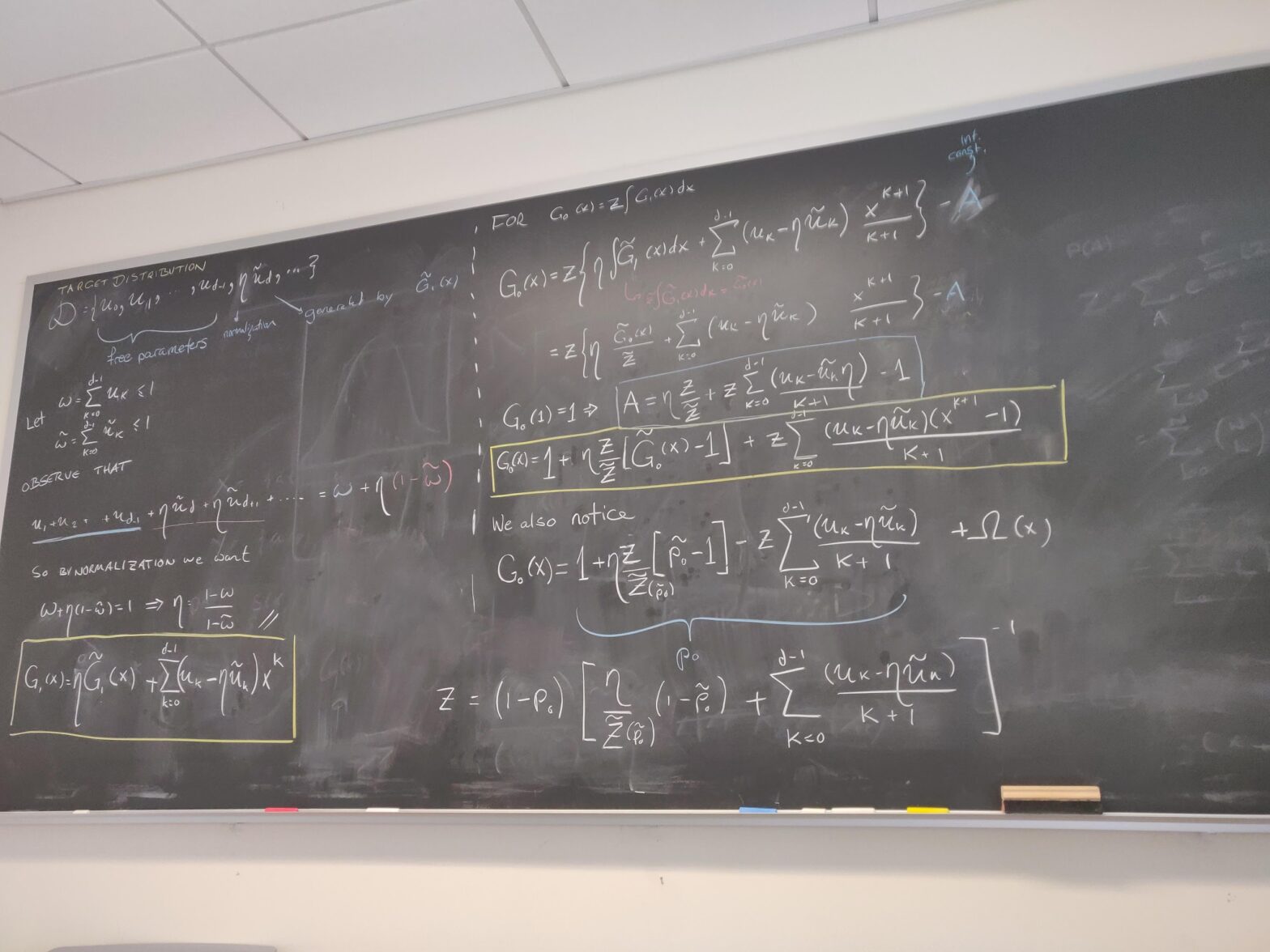Location: Innovation Hall, room E100 + MS Teams, with some exceptions (see below).
Remote viewing: A link is sent 24h before the talk to subscribers of the STATATUVM ListServ.
No colloquium planned at the moment
Past colloquia can be found here

Location: Innovation Hall, room E100 + MS Teams, with some exceptions (see below).
Remote viewing: A link is sent 24h before the talk to subscribers of the STATATUVM ListServ.
No colloquium planned at the moment
Past colloquia can be found here